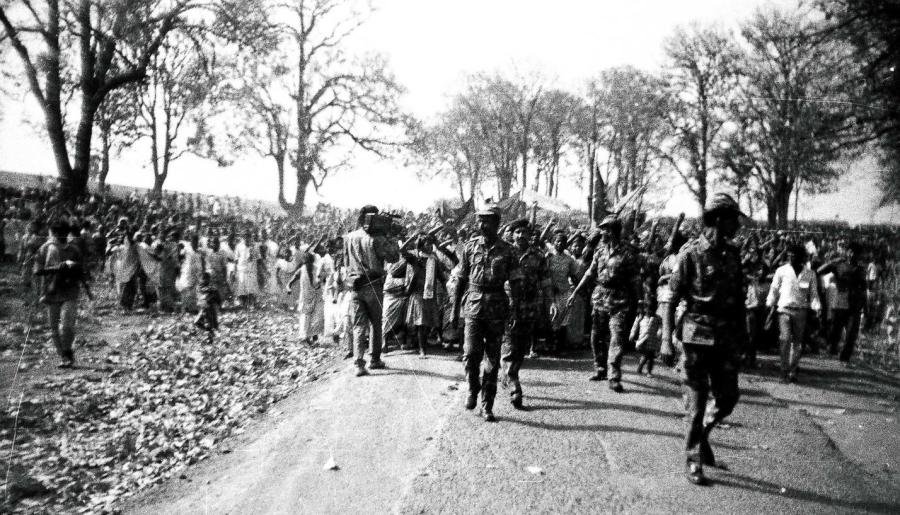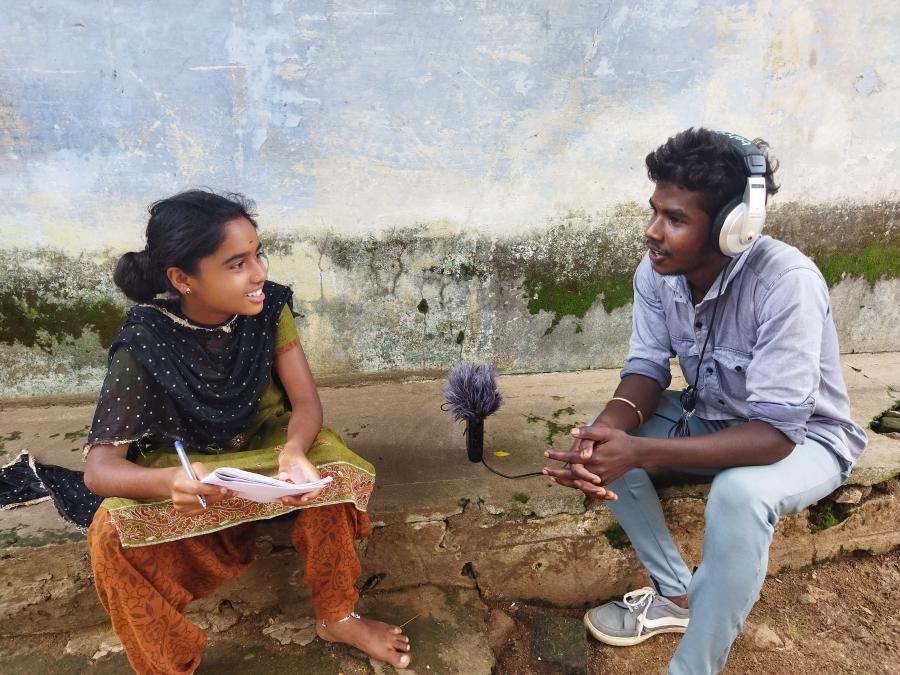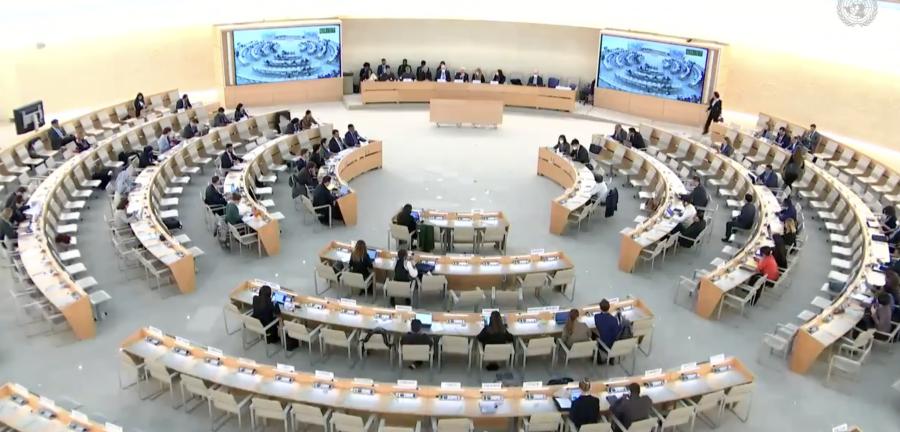
By Alexis White-Mobley
From November 3rd to the 7th, 2015, in the capital city of Shillong in Meghalaya, India, the second international gathering Indigenous Terra Madre (ITM) will bring together Indigenous people from all over the world to network and share knowledge about food, nutrition, and biocultural diversity.
First held in 2011 in Jokkmokk, Sweden, land of the Sami people, Indigenous Terra Madre was the first event by the Slow Food organization dedicated solely to Indigenous Peoples. It is an opportunity for Indigenous and local food communities to interact with each other and with policy makers, scientists, UN agencies and international institutions to discuss issues that affect the vitality and sustainability of their food systems. The preferred name for the second edition of Indigenous Terra Madre is International Mei-Ramew 2015 (IMR 2015), or “Mother Earth” in the local Khasi language.
Organized and produced as a joint venture by the North East Slow Food and Agrobiodiversity Society (NESFAS), Slow Food International, and the Indigenous Partnership for Agrobiodiversity and Food Sovereignty, the theme of this year’s event is “The Future We Want: Indigenous Perspectives and Actions.” Over the five days, delegates will experience the hospitality of the many Indigenous communities of Meghalaya, who are all engaged in projects to protect their lands’ unique agrobiodiversity and ensure that their traditional knowledge will be transferred to future generations. These communities regularly celebrate food and agriculture through food festivals and diversity fairs.
Livelihood initiatives including Mei-Ramew or Mother Earth Cafés and Eri Weaving help them generate sustainable income. They’ve also immersed themselves in participatory documentation of their Traditional Knowledge and studies on Well-being, Land Sharing and Land Sparing, Matriarchy and Women’s Role in Nutrition, all of which are themes to be discussed during conference sessions. A few of the sessions planned for ITM 2015 include Advancing Local Food Systems for the Future We Want; Building a Network of Local Climate Smart Crops; and Learning from Matriarchal Societies: Nutritional Security and Local Food Systems. Among the many attendees will be pastoralists from the African Rift Valley, stewards of agrobiodiversity from the high mountains of Central Asia, a master sand artist from Vanuatu, two UN Special Rapporteurs and scores of farmers, chefs and thought leaders working on topics that range from Native seed banks to junk food taxes on Indigenous lands to rethinking indicators of wellbeing.
Along with shared meals, “popup restaurants” and cooking demos, interspersed throughout conference sessions will be “taste workshops” showcasing the diversity of culinary traditions of those gathered together. Delegates will be able to sample different localities’ foods such as insects, wild edibles, honey, and various fermented foods. The closing day will feature a Food Festival held next to the sacred grove of Mawphlang village, which is approximately 23 km away from Shillong. As ITM 2015 has drawn public attention from all over the North East region of India, the festival is expected to draw a crowd of more than 10,000 people.The Food Festival will feature food communities from all over the northeast of India selling their food and handicrafts amongst cultural shows and performances.



